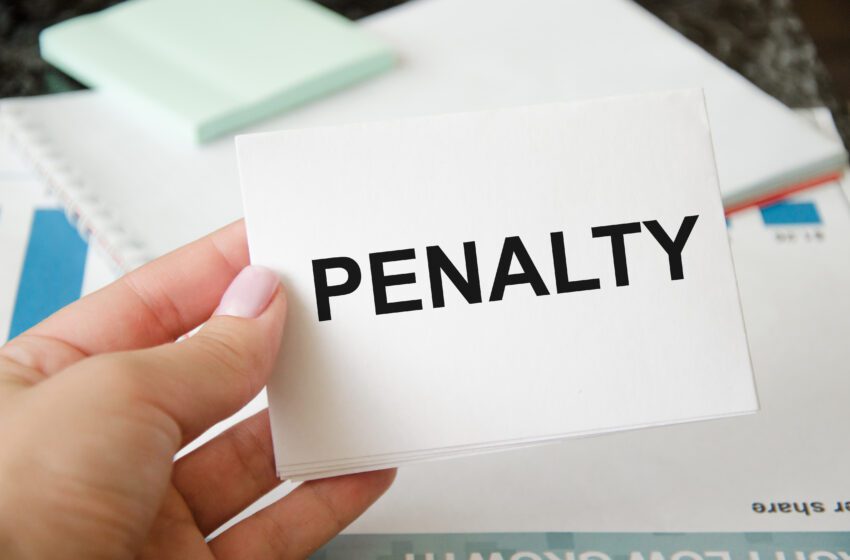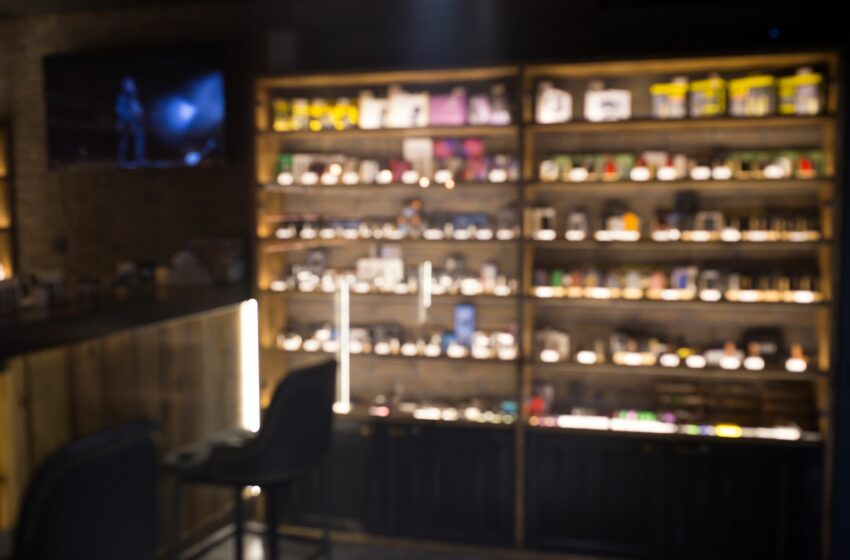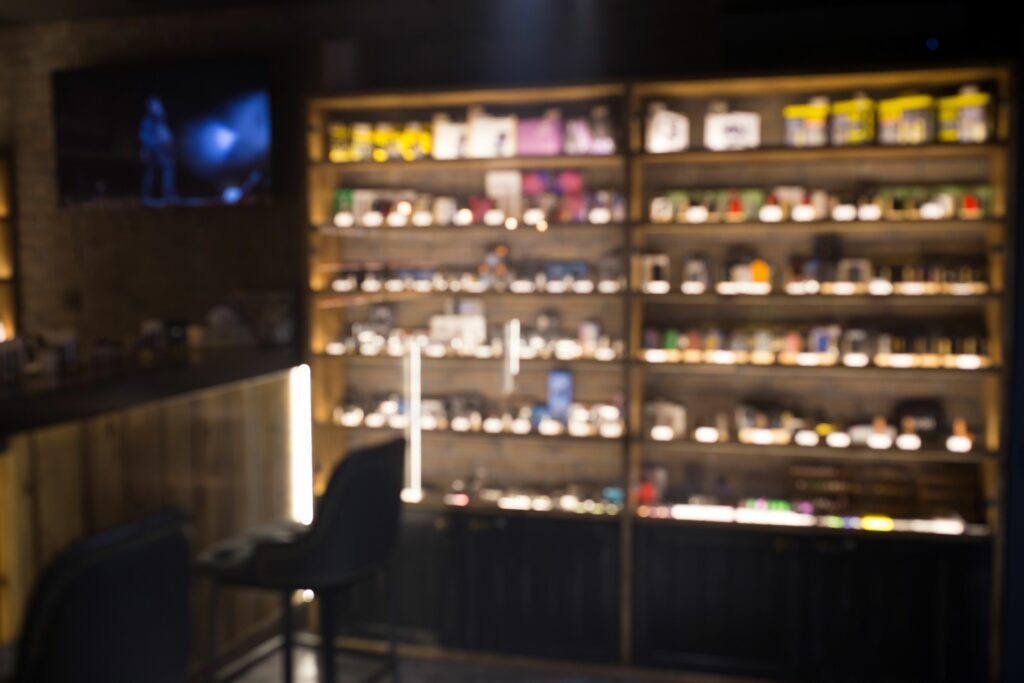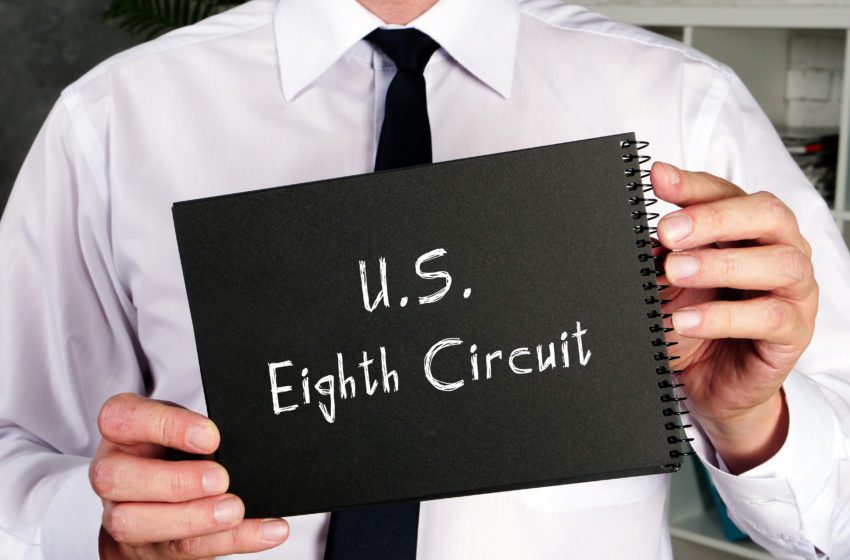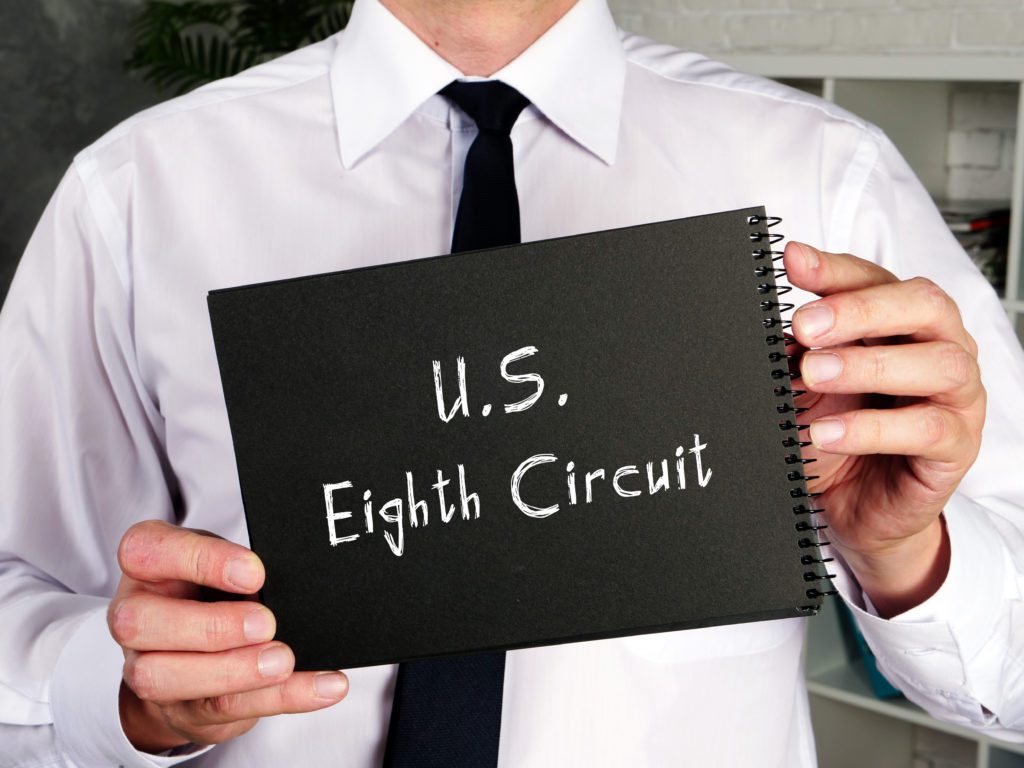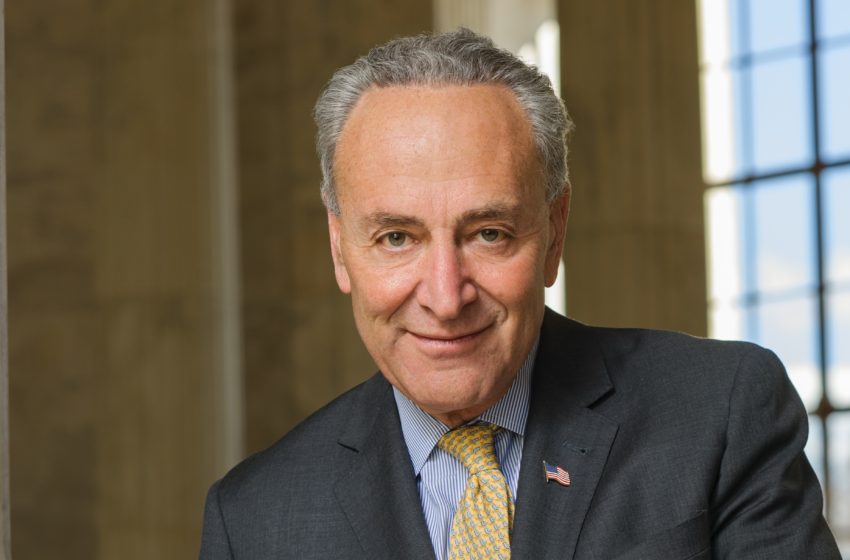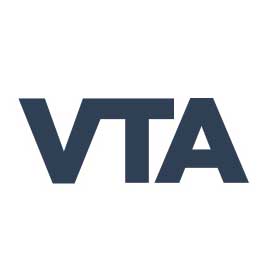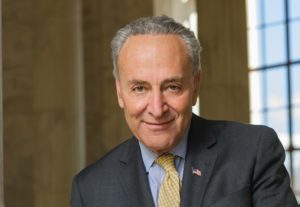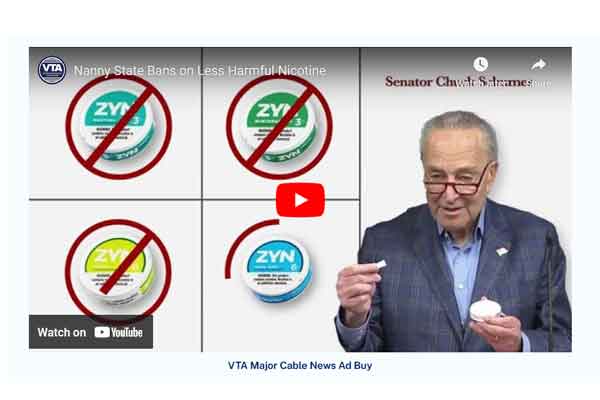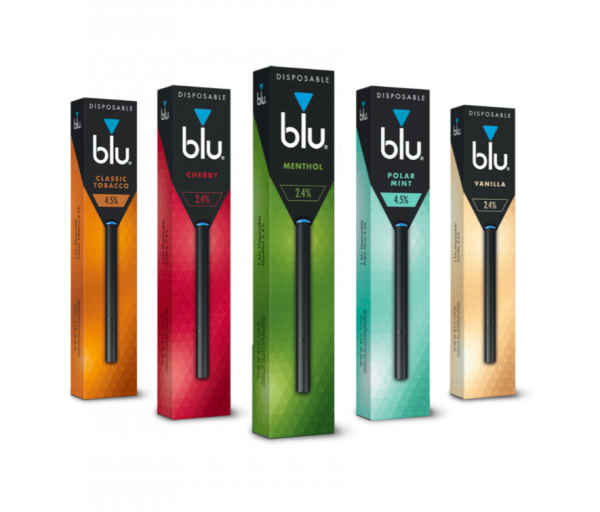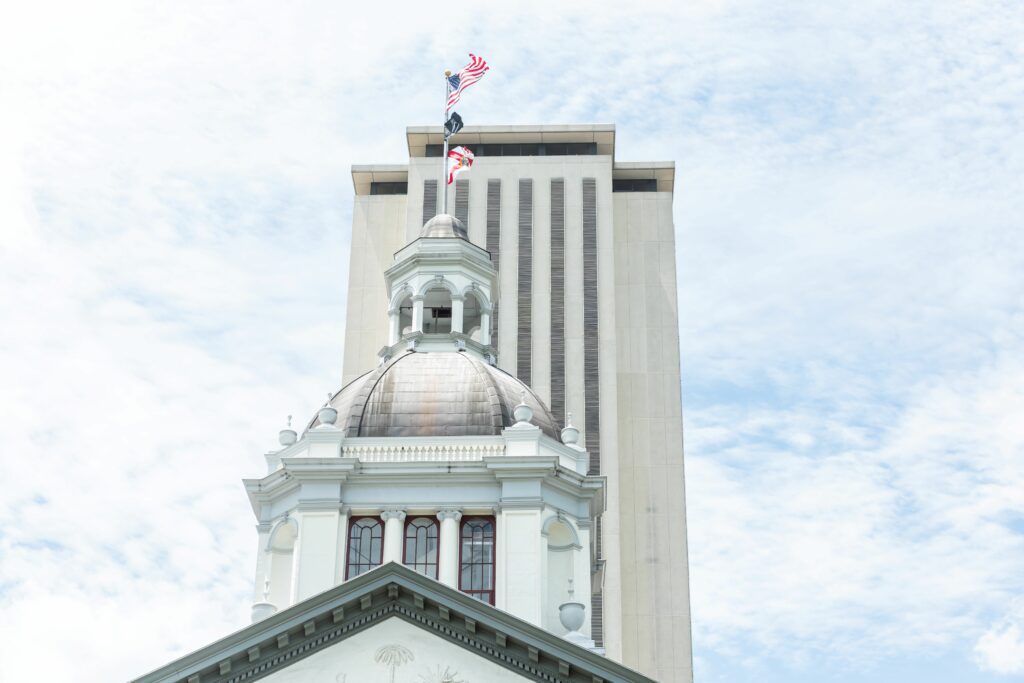
Supporters of less harmful nicotine products want Florida Governor Ron DeSantis to again veto a proposed ban on the sale of flavored e-cigarettes in Florida. The legislation would also create a vape registry for the state.
“It would kill our local businesses,” said Gary Eliasov-Hodes, managing partner of Cloud Smoke Shop, which has two locations in Tallahassee.
Seventy percent of his business revenue comes from selling flavored nicotine vaping devices, he said. That’s $3.5 million annually for both of his shops, according to media reports.
On Thursday, Eliasov-Hodes was among about 200 people gathered outside the governor’s mansion to protest the proposed ban, which they say they want Gov. Ron DeSantis to veto.
The legislation would prohibit stores from selling flavored e-cigarettes, instead they would be allowed to sell from a list of 23 different tobacco-flavored vaping devices that have been approved for marketing by the U.S. Food and Drug Administration.
Many states have also included products still currently under review by the regulatory agency.
The bipartisan bill received pushback from some lawmakers in the House but unanimous support in the Senate before it passed earlier this week. Last year, DeSantis vetoed a similar measure, and opponents say they hope he will do the same this year.
Proponents of the measure say removing vaping flavors from the market is aimed at keeping e-cigarettes out of the hands of children.
Lining the sidewalks on each side of W. Brevard Street, protesters chanted “Veto the vape bill” and “No to tobacco,” while holding signs with the words: “We vote, we vape.”

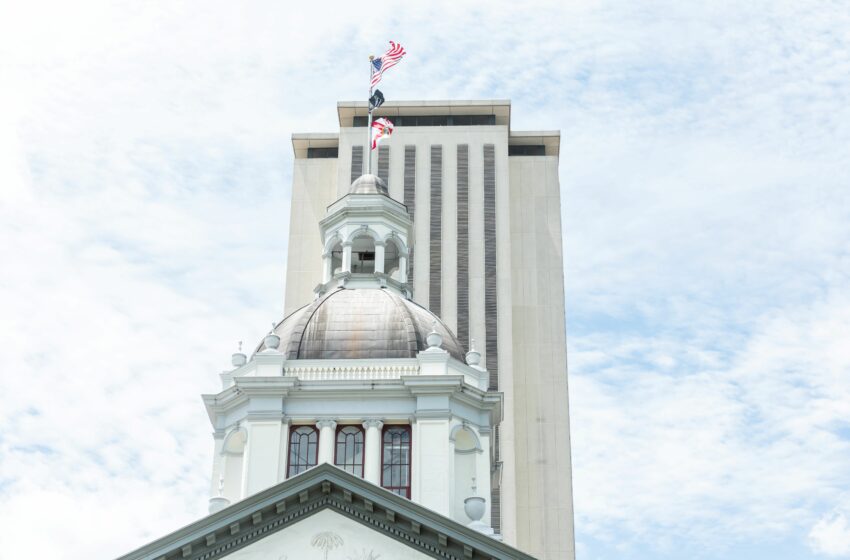
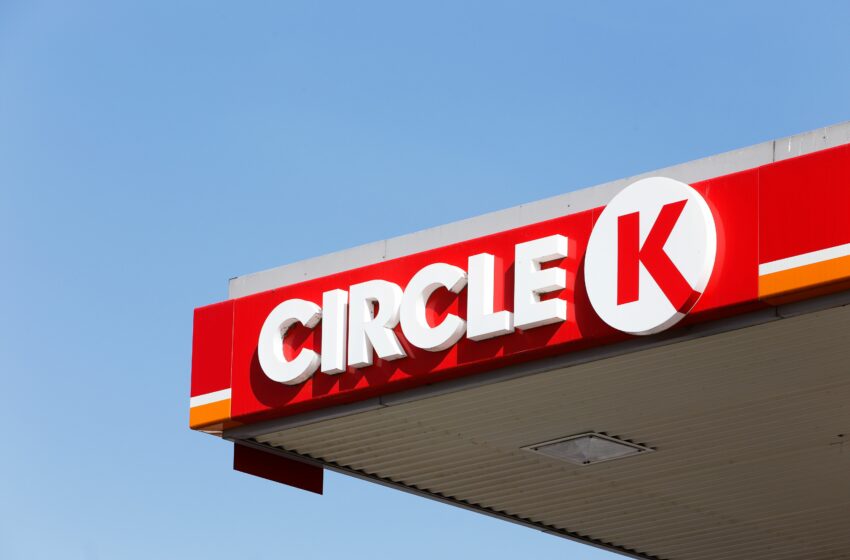


 The U.S. Food and Drug Administration has warned five more online retailers for selling flavored disposable vaping products.
The U.S. Food and Drug Administration has warned five more online retailers for selling flavored disposable vaping products.